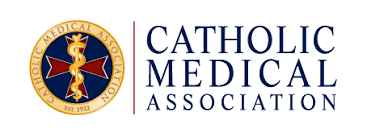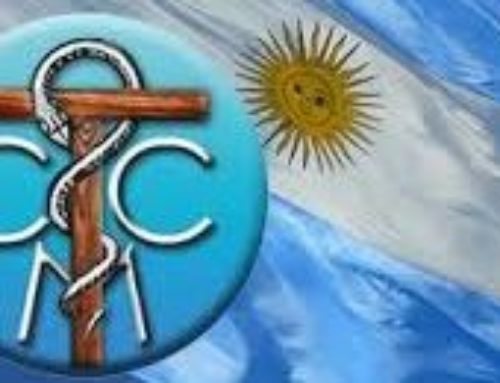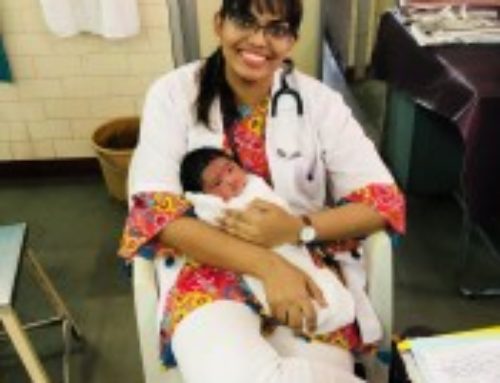BY DR. MATTHEW PECK

As American Catholics, we know that the choices of our non-Catholic countrymen can have a significant impact on us. From the Know Nothing Party, to the murder of Fr. James Coyle, to the recent mistreatment of the Little Sisters of the Poor, American history is riddled with examples that have made it clear that the actions of non-Catholics can have significant impact on Catholic life. Our goal is always to convert the whole world, but until then, if we are to protect ourselves and our ability to practice our faith, we need allies.
In 2020, for the first time in American history, less than half (47%) of Americans belonged to a church, synagogue, or mosque. Per Gallup polling data, as many as 76% of Americans were a member of one of these three in the 1940s, and that percentage was 70% as recently as 2000. This fall in religious identification has been largely driven by a dramatic rise in unaffiliated Americans, who, for a variety of reasons, are generally ignorant of faith traditions. This has had real consequences.
In the past, political movements in the country had largely understood the need to accommodate religious practice. For example, Alcohol Prohibition, an early Progressive priority, explicitly exempted sacramental wine. Given the trend toward secularism since that time, it is no surprise that the fruit of a more recent Progressive priority, the Affordable Care Act, made no such exemption for Catholics with regards to providing contraception. Politicians are successful in direct proportion to their understanding of their voting base. There was simply no voice at the table that believed the American public would strongly disapprove of the contraceptive mandate. We need to change that political calculus.
One of the most rewarding experiences of my life was one of comparative theology. One of my best friends is a devout Hindu, and I have spent several evenings learning more about his faith tradition and sharing my own with him. I came away from these experiences having learned more about his religion and, having had to explain my beliefs to a non-Christian, I had grown deeper in my own faith. I know the same is true for him. I also know that the experience gave him a better understanding of why political issues that seemed less important to him are so important to devout Catholics. We now have at least one ally in our struggle for religious liberty.
Not every belief sharing experience with a non-Catholic will be so enjoyable. It is not always easy to listen attentively when a Mormon explains his belief that the Church of Latter-day Saints has existed since Antiquity. It does not feel good to hear a Seventh Day Adventist struggle to concede “Well, I am sure that some Sunday church-goers are well meaning.” When a secular person voices his assumption that, because you are Catholic, you must reject evolution, it can be difficult not to feel insulted.
However, if we are open to having these discussions and approach them with respect for the other party, we can change how people perceive issues important to us. After this belief sharing, when a politician attempts to demonize Catholic beliefs, the experience may lead your counterpart to react by thinking “Catholicism’s not crazy; that’s what my friend believes.”
An important benefit is that simply having the willingness to be open about one’s faith and why these issues matter to you can result in evangelization. One cannot convert to a religion of which one is totally ignorant. At the very least, as we look for allies in our continued struggle for conscience protection and religious freedom, we must remember that it is easy to demonize people one does not know. If you can be the Catholic in a non-Catholic’s life, you can be the reason he or she supports religious liberty.
Dr. Peck is an Emergency Medicine resident practicing in Marietta, Ohio. He joined the Resident Subcommittee of the CMA in 2019 to give back to an organization that gave him hope that a genuinely Catholic medical career is possible in the 21st century. He is a member of the Cleveland Guild of the Catholic Medical Association.
Photo by Pam Williams from Pexels.com










